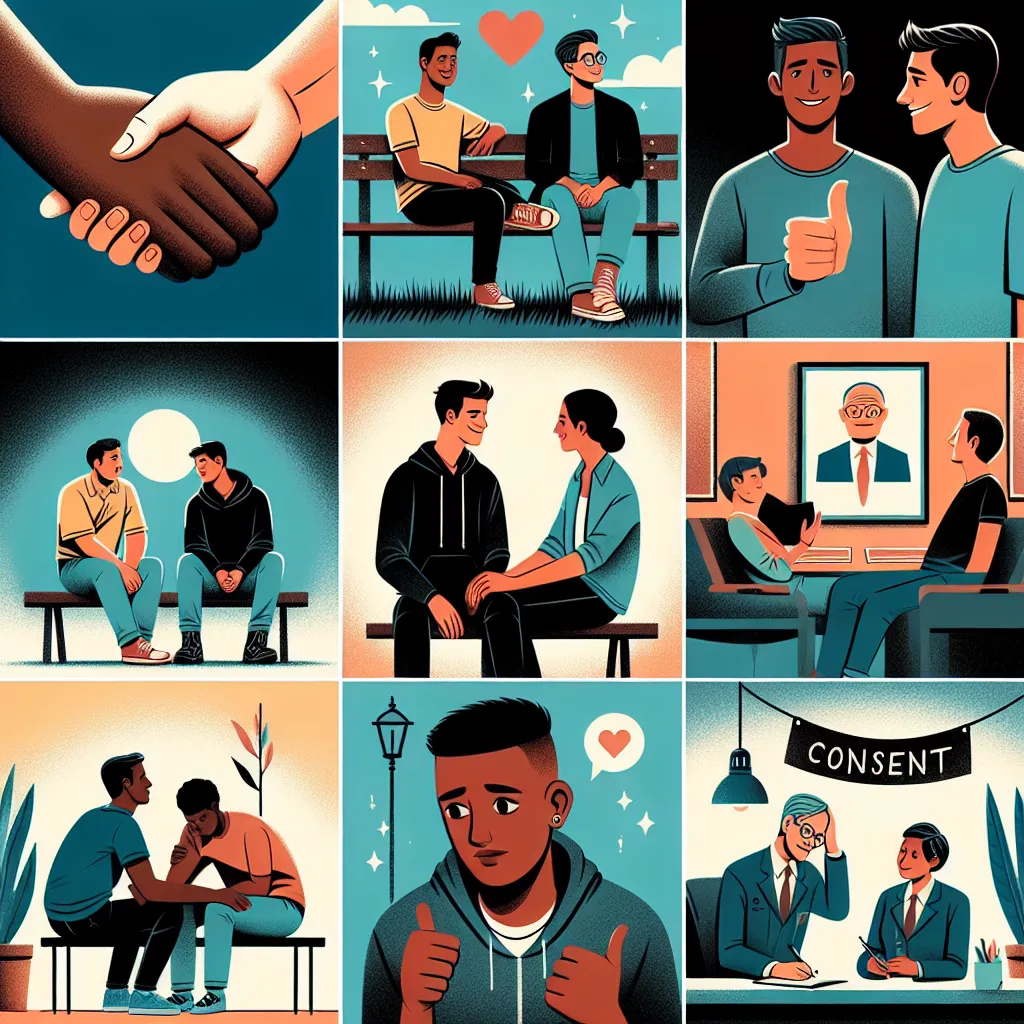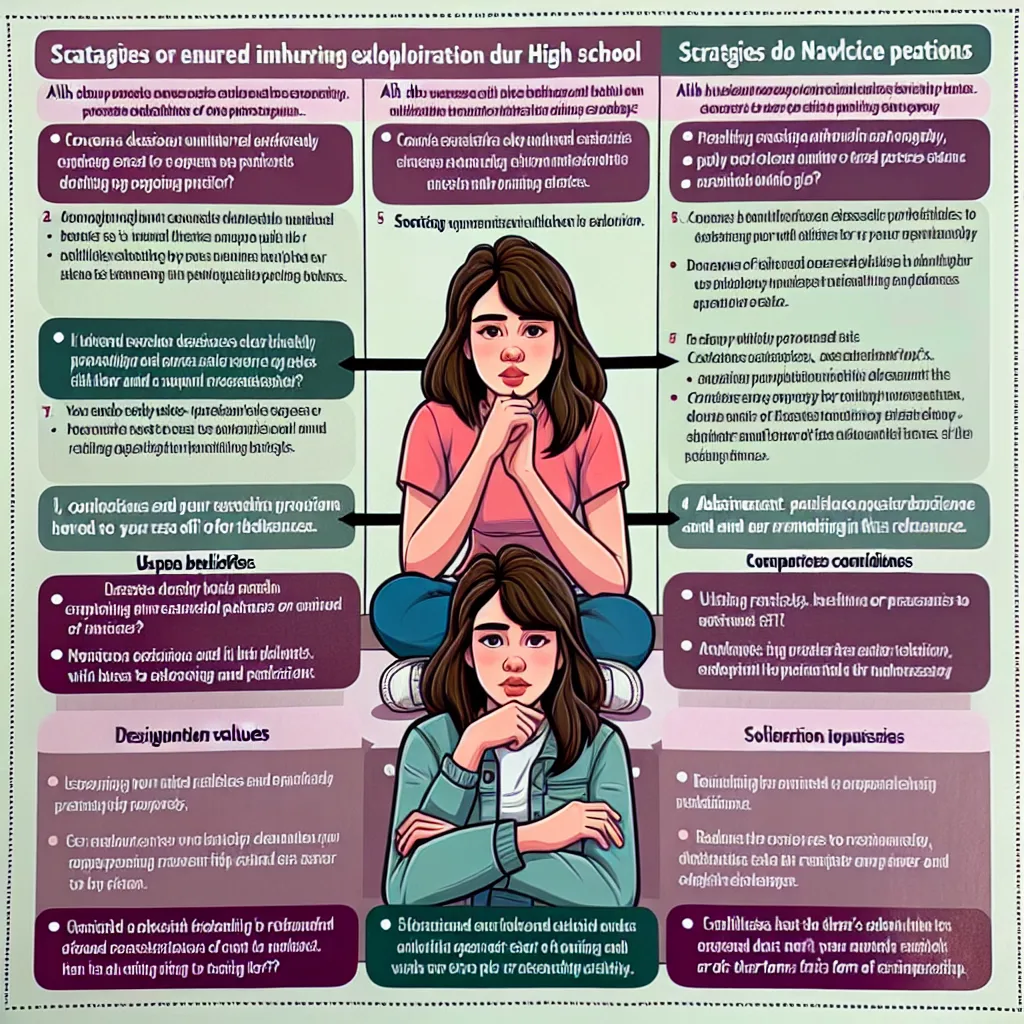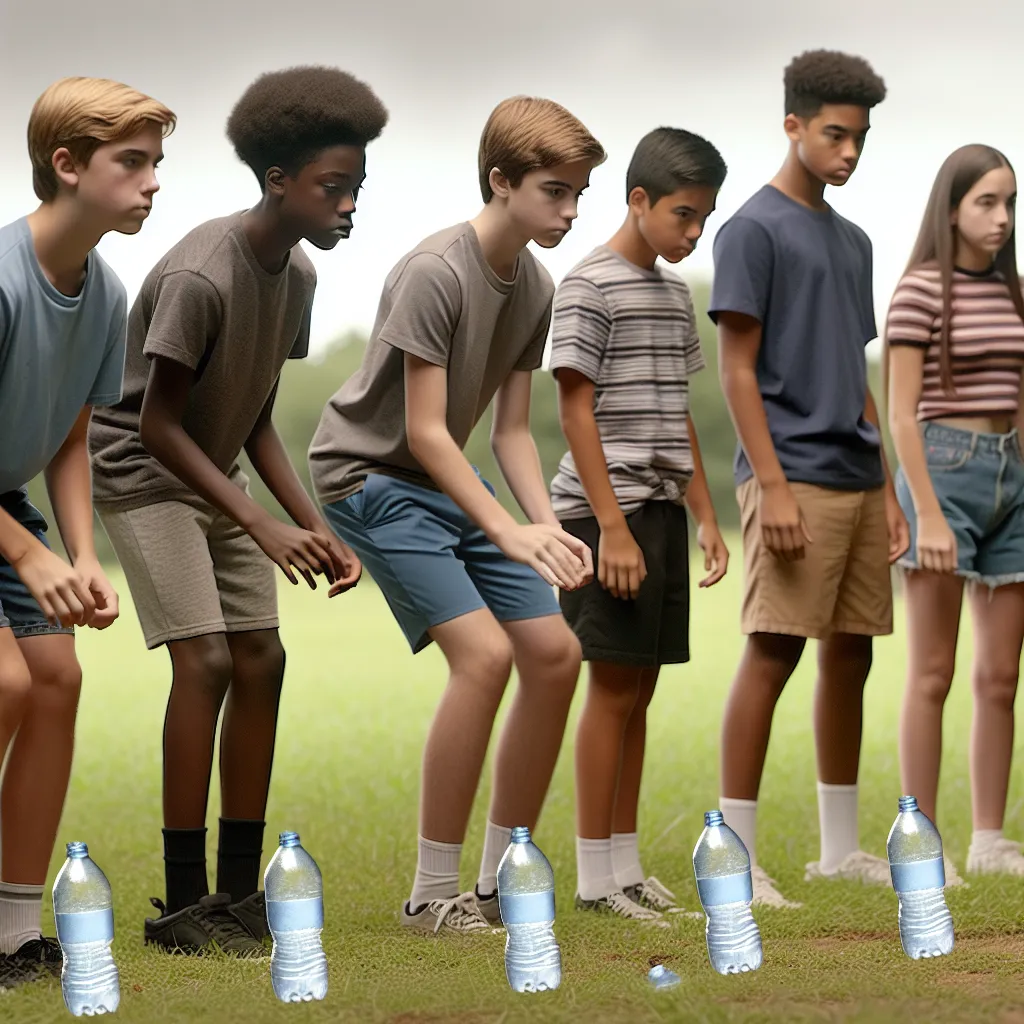Ask AI on The Internet
Question: What is included in a person’s digital footprint? How do you know if material posted online is copyrighted? If you want to share copyrighted material, what should you do? Why is it best to avoid posting photos of your school or home? If you come across a website that contains violent, hateful, or sexual content, what should you do? Explain the risks of sexting.
### What is included in a person's digital footprint? A digital footprint is the trail of data you leave behind when you use the internet. It includes: - **Social media posts**: Anything you share on platforms like Facebook, Twitter, Instagram, etc. - **Search history**: Queries you've entered into search engines. - **Browsing history**: Websites you visit. - **Emails and messages**: Communications sent via email, messaging apps, or social media. - **Online purchases**: Items bought and the sites you purchased them from. - **Cookies and tracking pixels**: Data collected by websites to track your activity. - **Logs from apps and services**: Data generated through the use of various applications and online services. - **Comments and reviews**: Contributions to forums, blogs, or review sites. - **Digital documents**: Uploaded files, cloud storage, and other shared resources. ### How do you know if material posted online is copyrighted? If you want to share copyrighted material, what should you do? #### How to know if material is copyrighted: - **Default assumption**: By default, assume that any original work you find online is copyrighted. - **Check for copyright symbols**: Look for ©, "all rights reserved," or any licensing terms. - **Read the fine print**: Look at the website’s terms of service or user agreement. - **Watermarks and notices**: Photographs and images often carry watermarks indicating ownership. #### If you want to share copyrighted material: - **Seek Permission**: Contact the owner and ask for written permission. - **Fair Use**: Determine if your use qualifies for 'fair use' (e.g., educational purposes, commentary), but this is often a gray area and legal advice might be necessary. - **Use Licensed Material**: Look for materials under Creative Commons or other licensing that allows sharing with appropriate credit. - **Cite properly**: Always provide proper attribution to the original creator when allowed to share. ### Why is it best to avoid posting photos of your school or home? 1. **Privacy concerns**: Revealing your home or school can help stalkers and identity thieves narrow down your location. 2. **Security risks**: Unauthorized individuals might use this information to gain physical access to these places. 3. **Identification**: Such photos often contain other identifiable details that can expose more personal information. 4. **Impact on others**: You may inadvertently include other people's images or sensitive information without their consent. ### If you come across a website that contains violent, hateful, or sexual content, what should you do? 1. **Exit immediately**: Close the website to avoid exposure to harmful content. 2. **Report**: Use reporting tools available in your web browser or on the website itself. You can also report the site to authorities or Internet Watch Foundation. 3. **Block**: Use browser settings or parental control software to block such sites in the future. 4. **Notify an adult**: If you’re a minor, tell a trusted adult about the site to ensure further steps are taken. 5. **Avoid sharing**: Do not share the site or its content with others. ### Explain the risks of sexting. 1. **Privacy Violation**: Shared images can be distributed without your consent, leading to harmful exposure. 2. **Cyberbullying**: Images may be used to harass or bully you. 3. **Legal Consequences**: For minors, possessing or distributing explicit images can result in serious legal repercussions, including possible sex offense charges. 4. **Emotional Impact**: The fallout from leaked images can lead to emotional distress, anxiety, and depression. 5. **Reputational Damage**: Once images are online, they can affect your reputation even years later, impacting relationships, educational opportunities, or job prospects. 6. **Lack of Control**: Once sent, you lose control over who sees the images or how they are used. Always think carefully before sharing personal images or information online and be aware of the potential long-term consequences.
Think your answer is better than the AI's? Post it below.
Other Most Relevant Posts:
 1. Trust in Relationships
2. Understanding Consent
3. Signs of Unhealthy Relationships: Isolation
4. Seeking Help for Unhealthy Relationships
5. Confidence in Communication
6. Reciprocal Care in
1. Trust in Relationships
2. Understanding Consent
3. Signs of Unhealthy Relationships: Isolation
4. Seeking Help for Unhealthy Relationships
5. Confidence in Communication
6. Reciprocal Care in
 Scenario 1:
- "Factors Influencing Aliah's Abstinence Decision"
- "Challenges and Solutions for Aliah's Abstinence Decision"
Scenario 2:
- "Factors Influencing Aliah's Abstinence Decision"
- "Ov
Scenario 1:
- "Factors Influencing Aliah's Abstinence Decision"
- "Challenges and Solutions for Aliah's Abstinence Decision"
Scenario 2:
- "Factors Influencing Aliah's Abstinence Decision"
- "Ov
Question Tags
If you want your question answered by an AI, click here.





Post your own comment: